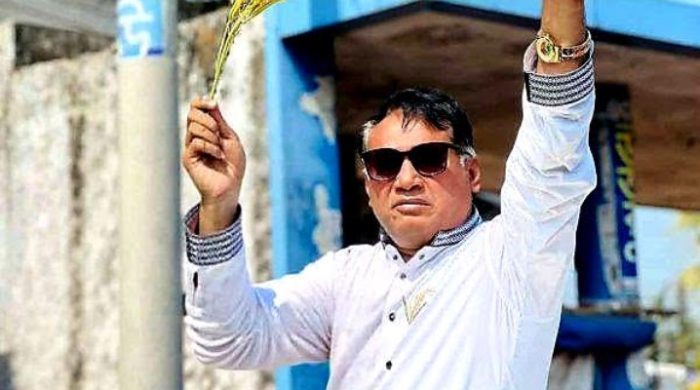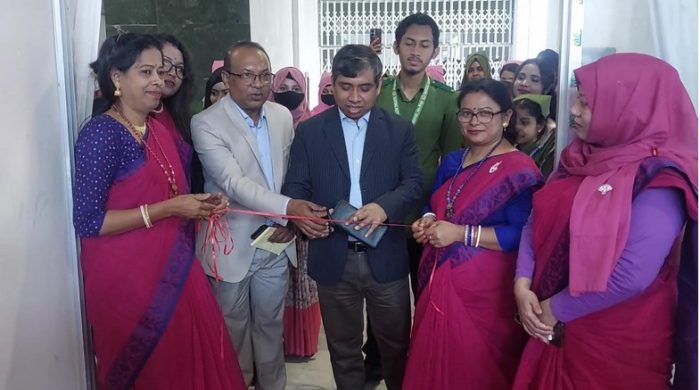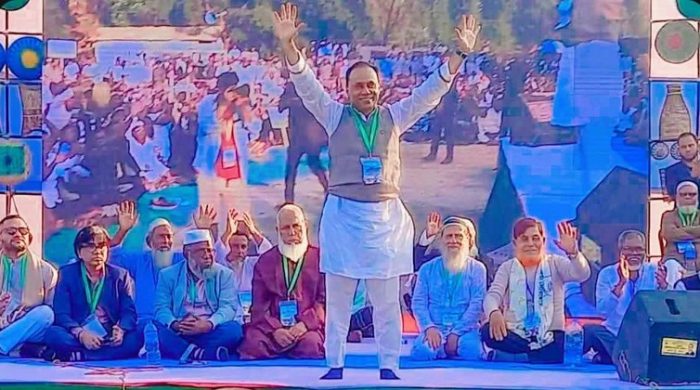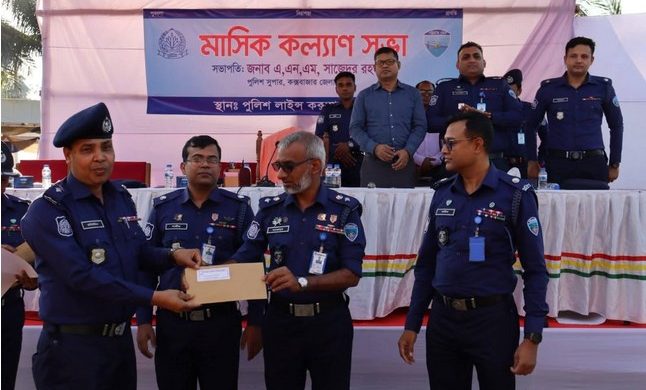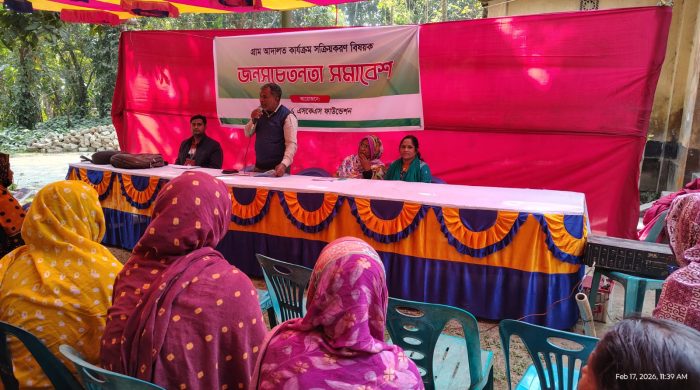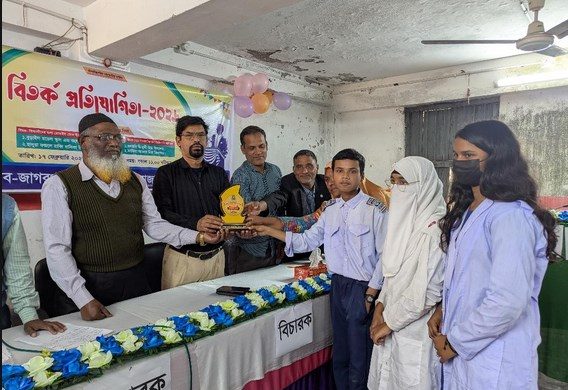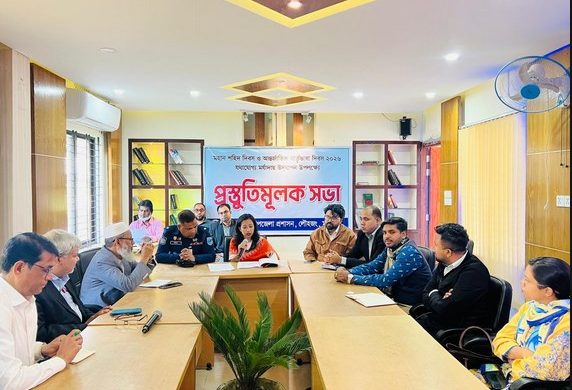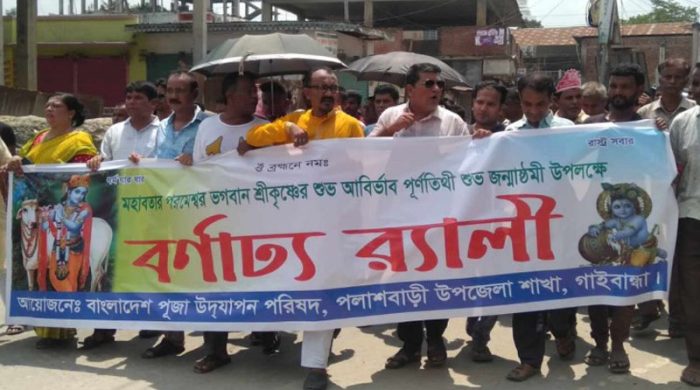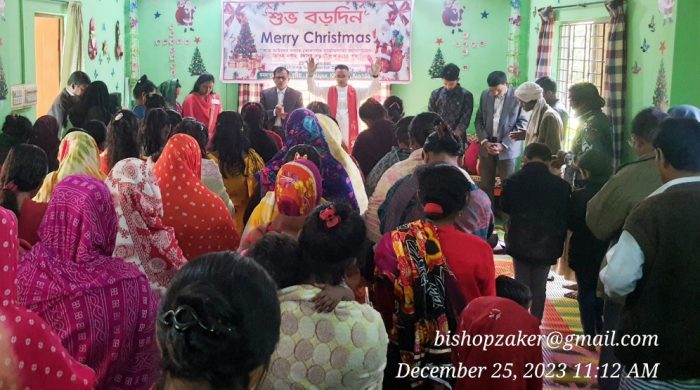Hasina resigned and escaped; Army announces interim government
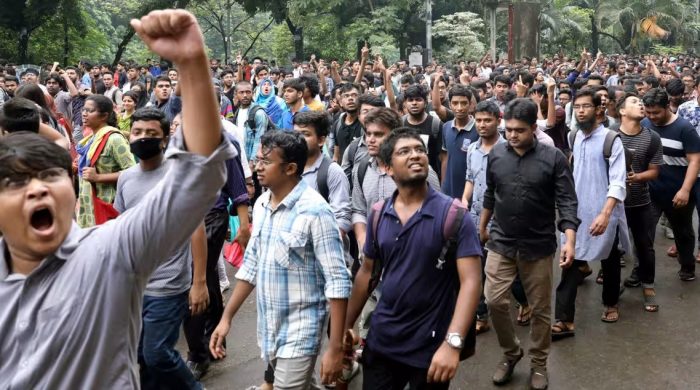
S M Masud Rana
At last Sheikh Hasina fell down. She had ruled with an iron fist since 2009. It was unthinkable even few days ago when the students started to demand. By Monday morning, she was stuck in a deadly stalemate. It had been several days since the top court scrapped the job quotas that originally sparked the protests in early July. But the agitation continued, morphing into an anti-government movement that wanted her out of power.
What finally tipped the scales was the ferocity of the clashes between the protesters and police on Sunday. A lot of died in the violence so far but Sunday alone saw around 100 people, including 13 police officers who are killed in police station. This is the worst single day of casualties incurred during protests in Bangladesh’s recent history.
Thousands took to the streets on Monday, many of them marching towards the capital Dhaka, in defiance of a nationwide curfew. Bangladeshis, it appeared, no longer feared bullets. What had been a political movement was now a mass uprising.
Hasina’s decision to flee was also hastened by the military, which would have put pressure on her to step down. The army, which has ruled Bangladesh in the past is still hugely respected by the people.
No wonder that Hasina has fled to India. It’s unclear what counsel she received from across the border but India has been a crucial ally of hers throughout.
It is partly why, as her popularity diminished, strong sentiment against India grew within Bangladesh.
Delhi always viewed its foothold in Bangladesh as key to the security of the seven landlocked states in India’s north-east, most of which share a border with Bangladesh. Hasina has given transit rights to India to make sure goods from its mainland make it to those states.
Hasina was first elected to power in 1996 but later lost to Begum Khaleda Zia of the Bangladesh Nationalist Party (BNP) in 2001.
She came back to power in 2009 in polls held under a caretaker government.
Her time in power was rife with accusations of forced disappearances, extra-judicial killings, and the crushing of opposition figures and her critics – she denied the charges, and her government often accused the main opposition parties of fuelling protests.
In recent weeks too, Hasina and her party Awami League blamed their political opponents for the unrest that gripped the country.
But this time, the anger was louder than ever before. It was certainly the most serious challenge Hasina, who won a contentious election in January which the opposition boycotted, had faced during her years in office.
For weeks, she had refused to give ground, even calling the protesters “terrorists” at one point but the realization that the force of the security establishment couldn’t keep people off the streets does not augur well for any leader.
Army chief Waker-Uz-Zaman was eager to try to reassure the country. He urged citizens to keep trust in the army. He said, “We will also ensure that justice is served for every death and crime that occurred during the protests. Have patience and cease any acts of violence and vandalism.”
“We have invited representatives from all major political parties, and they have accepted our invitation and committed to collaborating with us,” he added.
“The current crisis presents an opportunity to put Bangladesh back on the path of genuine democracy and move beyond the hyper-partisan, winner-takes-all electoral dynamics that have caused so much damage over the past three decades,” he also said.








